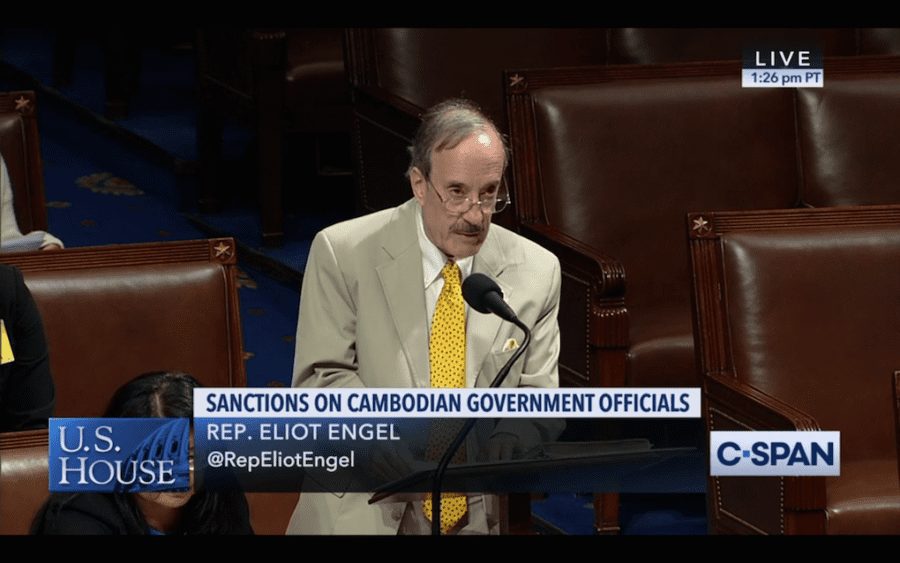With American congressmen calling Prime Minister Hun Sen a “dictator” during a short debate, the U.S. House of Representatives passed a bill that would sanction top Cambodian government officials over democratic and human rights concerns.
The Cambodia Democracy Act of 2019, introduced in January and passed overnight (Monday U.S. Eastern time), would still need to be approved in the Senate and signed by the president before becoming law.
On the House floor ahead of the vote, New York Congressman Eliot Engel said the U.S. “won’t give up on the Cambodian people.”
“For 30 years, the Cambodian people have hoped to see the country move toward a freer, more democratic system,” Engel said. “Democracies around the world have hoped for the same thing, investing for decades in the hopes of building a pluralistic, multiparty system in Cambodia.”
None of Cambodia’s six national elections since 1991 have been free or fair, the House foreign affairs committee chairman said.
The bill, which would prevent Cambodian leaders from entering the U.S. and would block their American assets, “sends a clear message,” Engel said.
“The United States stands shoulder to shoulder with the people of Cambodia and that the Congress will hold Cambodia’s leaders accountable for their assault on democracy and violations of human rights.”
Steve Chabot, an Ohio Republican, added that “the work of NGOs has been dramatically limited and critical media outlets have been virtually shut down.”
“Like many other dictators, he fears the day when he will no longer be in power,” Chabot said.
A related bill already introduced in the Senate goes further than the House version, suspending Cambodia’s duty-free access to U.S. markets, requiring the U.S. to oppose World Bank and IMF funding for Cambodia, and funding Khmer-language anti-Chinese propaganda broadcasts on the internet.
The House bill was sponsored by Florida Congressman Ted Yoho, who in a press release criticized the dissolution of the Cambodia National Rescue Party ahead of last year’s national election as “eliminating the country’s only viable opposition party.”
“Hun Sen, Cambodia’s strongman Prime Minister, has clung to power for decades, and has no intentions of relinquishing power,” Yoho said.
“His regime has used violence, threats, and sham prosecutions to attack the peaceful opposition,” he said.
In the face of the proposed sanctions, the Cambodian government has hired Washington lobbyists for more than $1 million to make its case to U.S. lawmakers.
Government spokesman Phay Siphan said the U.S. bill was baseless, politically motivated and harmful to Cambodia’s stability, prosperity and foreign relations.
It “aims to oppose the political will of the Cambodian people, who selected their leaders through a peaceful and democratic election process,” Siphan wrote on his Facebook page.
“The proposed law is an anti-peace act — against stability and prosperity in the Kingdom of Cambodia.”
Siphan called on the U.S. government to maintain good relations with Cambodia, and suggested that the Senate and President Donald Trump were unlikely to follow the House’s lead.
“My expectation is that the U.S. Senate, as well as the U.S. president … will pay real attention to the good relations and international cooperation that our two nations have been trying to maintain together,” he said.
CPP spokesman Sok Eysan added that the U.S. was effectively “serving the outlawed rebel leader of Cambodia,” apparently referring to former opposition leader Sam Rainsy, who is living in exile in France and has been lobbying foreign governments to take action against Hun Sen and his government.
Former CNRP lawmaker Ou Chanroth said Eysan’s response typified the sort of attitude that was dividing Cambodia.
“The United States has an obligation to help pull our country back to the democratic line,” Chanroth said. “Accusing the opposition of being a rebel group — I think this kind of accusation makes Khmer people more divided.”
Soeng Senkaruna, spokesman for local human rights group Adhoc, agreed that the government should not be attacking its critics.
“The one who is likely to cause a peace crisis in Cambodia is the government, if it continues to hold such a stance,” Senkaruna said. “It seriously affects democracy and the respect for human rights in Cambodia.”
 Alan Lowenthal Democrat, CaliforniaLong Beach constituency has large Cambodian population
Alan Lowenthal Democrat, CaliforniaLong Beach constituency has large Cambodian population
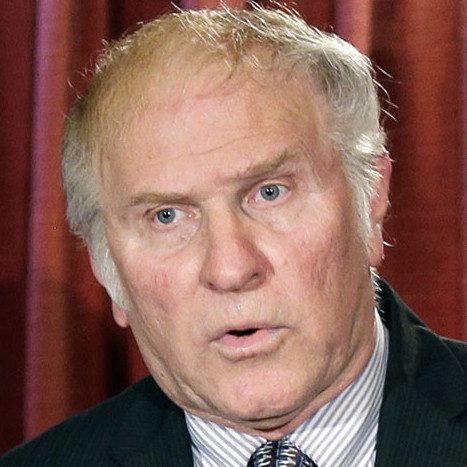 Steve Chabot Republican, OhioHouse Judiciary Committee, member
Steve Chabot Republican, OhioHouse Judiciary Committee, member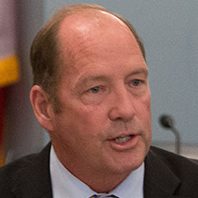 Ted Yoho Republican, FloridaHouse Foreign Affairs Subcommittee on Asia and the Pacific, ranking Republican
Ted Yoho Republican, FloridaHouse Foreign Affairs Subcommittee on Asia and the Pacific, ranking Republican
 Ted Cruz Republican, TexasSenate Foreign Relations Committee, member
Ted Cruz Republican, TexasSenate Foreign Relations Committee, member
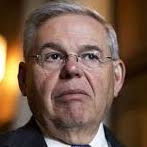 Bob Menendez Democrat, New JerseySenate Foreign Relations Committee, ranking Democrat
Bob Menendez Democrat, New JerseySenate Foreign Relations Committee, ranking Democrat Chris Coons Democrat, DelawareSenate Foreign Relations Committee, member
Chris Coons Democrat, DelawareSenate Foreign Relations Committee, member
 Ted Yoho Republican, FloridaHouse Foreign Affairs Subcommittee on Asia and the Pacific, ranking Republican
Ted Yoho Republican, FloridaHouse Foreign Affairs Subcommittee on Asia and the Pacific, ranking Republican
- Eliot Engel Democrat, New YorkHouse Foreign Affairs Committee, chairman
- Michael McCaul Republican, TexasHouse Foreign Affairs Committee, ranking Republican
- Brad Sherman Democrat, CaliforniaHouse Foreign Affairs Subcommittee on Asia and the Pacific, chairman
- Steve Chabot Republican, OhioHouse Judiciary Committee, member
- Kenny Marchant Republican, TexasHouse Ways and Means Committee, member
- Brian Fitzpatrick Republican, Pennsylvania
- Alan Lowenthal Democrat, California
- Ann Kuster Democrat, New Hampshire
 Lindsey Graham Republican, South CarolinaSenate Judiciary Committee, chairman
Lindsey Graham Republican, South CarolinaSenate Judiciary Committee, chairman
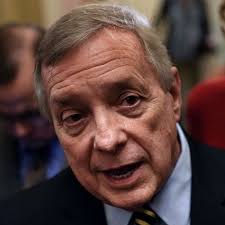 Dick Durbin Democrat, IllinoisSenate Democratic WhipSenate Judiciary Committee, member
Dick Durbin Democrat, IllinoisSenate Democratic WhipSenate Judiciary Committee, member Marco Rubio Republican, FloridaSenate Foreign Relations Committee, member
Marco Rubio Republican, FloridaSenate Foreign Relations Committee, member
(Translated and edited from the original version on VOD Khmer)
VOD. No part of this article may be reproduced in print, electronically, broadcast, rewritten or redistributed without written permission. VOD is not responsible for any infringement in all forms. The perpetrator may be subject to legal action under Cambodian laws and related laws.


